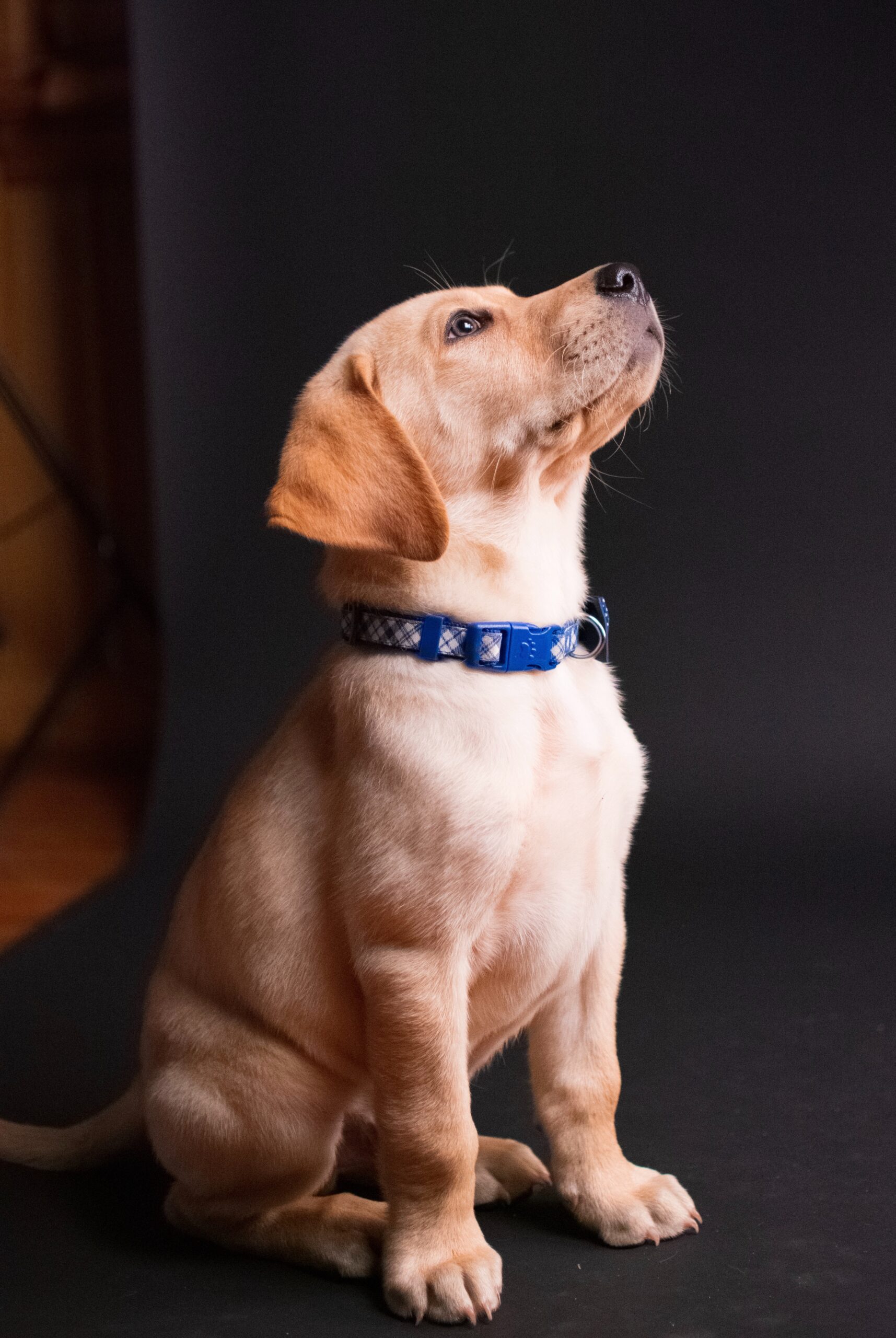Patience Repetition Timing
When training your puppy there is a lot to do in various areas to eventually have a happy all-around well-behaved dog who can cope with what the world throws at it, but thinking about these three key points, patience repetition timing will help you.
You require patience when training your puppy as there will be moments along the way when you will have miscommunication as your puppy will either be trying to figure out what you want, or dealing with the situation it is in, or your puppy could be communicating things to you and you do not realise what your puppy is trying to say.
The point here is that if you struggle, frustration can creep in and then your patience can go and the knock-on effect from losing patience with your puppy is the lack of training as you do not know how to handle what is going on.
To help keep patience when interacting with your dog, always interact in a calm manner, and learn to read your puppy’s body language so you have an idea of how it is feeling at that time or what it is trying to say.

So imagine training your puppy or socialising it and after so many repetitions of trying to do a certain task over and over again, your puppy starts to scratch on a few occasions when interacting with it.
Now some owners may think the puppy has an itch, yet in that situation, there is a good chance that your puppy is trying to figure out what you want and so is having a scratch to try and figure it out.
Imagine scratching your head when you’re up against a task or a problem, this is similar.
A good way of learning more body language from your puppy is through reading this book called doggie language which will help you immensely.
Repetition is important when training your puppy as just like us humans the more we do something it can become second nature and sinks into our subconscious.
Unfortunately, some owners seem to think a puppy comes out of a box ready-trained and knows exactly what we want and require of it. Due to this thinking the puppy can miss out on repetitions to help the puppy learn what is expected.
Let’s look at a puppy learning sit for example. There are some clients I go to and the dog won’t sit unless there is a treat in the owner’s hand.
This can come about from a lack of repetition and phasing out the food the wrong way. What has probably happened is the puppy was doing well at sits and the owner has thought Right you do not need any food anymore as you’re getting the gist of what I want.
Then as time goes on the puppy starts refusing to sit as the owner doesn’t have any food in hand so the puppy is not getting paid and won’t offer a sit.
Now imagine if that owner has put more repetitions into the training and started phasing out the food treats slowly instead of stopping dead, and continued more training repetitions and then substituting treats for praise, once every two times, and then one every time and so on, so, in the end, the puppy has learnt to sit when asked for a cuddle and attention.
This is all down to phasing the food out the right way but also having extra repetitions.
Then finally we come to the timing. If your timing is off, you could end up rewarding the wrong behaviour. This might not be noticed right away but after so many repetitions you notice that something different is being trained and the action required is slightly off.
Let’s look at teaching a puppy to sit and stay. You ask your puppy for a sit, take one step back and then go back and reward.
If your puppy is sitting there and you reward it, then it is being rewarded for having its bum on the floor and waiting for you to come back or be released. Now imagine if you went back and it started to get up as it was excited that it could see your treat coming towards it. Now if you treated them, yes it may still be in the position you left it, but the action of getting up and being rewarded might happen again next time.
So in the end you don’t get a perfect sit. You get a twitchy dog who is not relaxed sitting.
Now there are fine lines between what you’re after but it is all down to the timing of when you deliver your reward.
The importance of having patience, repetition and timing is key alongside other aspects of training. If you would like to know more about how simple training can help your puppy pop over and visit The Complete Puppy Training Program to find out more.


1 thought on “Patience Repetition Timing”
Comments are closed.